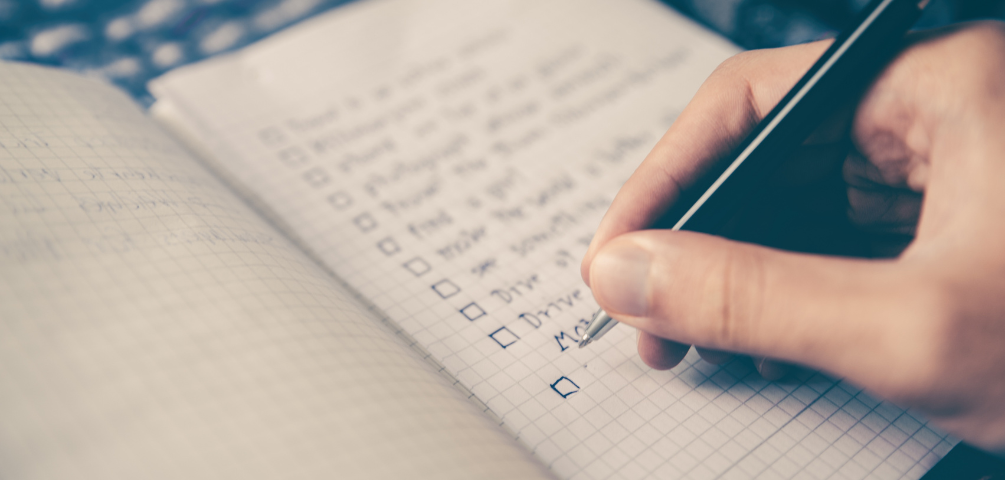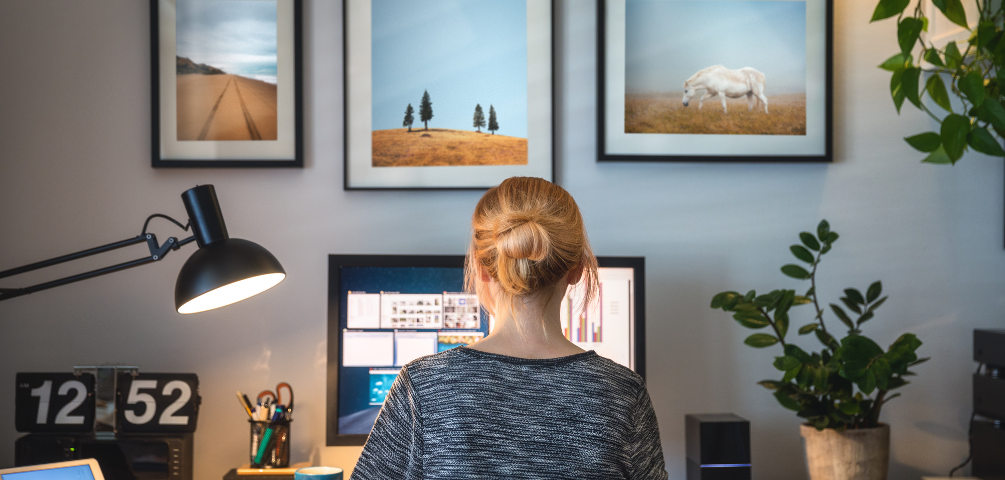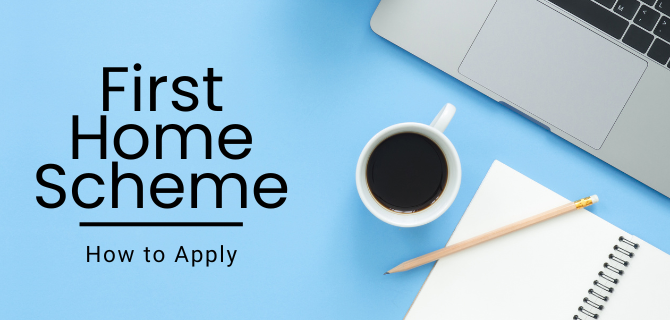A Step-by-Step Guide to Buying Your First Home in Ireland
24 Oct 2024

Buying your first home is an exciting milestone, but it can also feel overwhelming. From understanding the market to securing a mortgage, the process involves multiple steps that require careful planning. This guide will walk you through each stage of the home-buying journey in Ireland, providing clarity and confidence for first-time buyers.
1. Assess Your Financial Situation
Before diving into the property search, take a close look at your finances. Consider the following:
- Savings for a Deposit: In Ireland, first-time buyers generally need a deposit of at least 10% of the property's value. Ensure you have sufficient savings for this upfront cost.
- Mortgage Approval: Banks and lenders will evaluate your income, employment history, and existing debts to determine how much they are willing to lend. To get an idea of your borrowing capacity, use online mortgage calculators or seek professional advice.
- Additional Costs: Apart from the deposit, factor in other costs such as solicitor fees, property taxes, home insurance, and stamp duty (currently 1% for properties up to €1 million).
2. Get Mortgage Approval in Principle
Before you start house hunting, it’s a good idea to secure a Mortgage Approval in Principle. This shows sellers and estate agents that you’re serious about purchasing and gives you a clear understanding of your budget.
To get this approval, you’ll need to submit various documents, such as:
- Proof of identity (passport or driver's license)
- Recent payslips and bank statements
- Employment history or self-employment records
- Details of existing debts and loans
This step will also help you identify the mortgage options available, such as fixed or variable rates.
3. Research the Property Market
Once you know how much you can borrow, start exploring the property market in your desired area. Here are some tips for navigating this stage:
- Property Listings: Check popular property websites like Daft.ie and MyHome.ie for homes within your price range. Narrow your search by filtering for location, property type, and other features like garden or parking.
- Attend Open Viewings: Visit properties in person to get a feel for their condition, layout, and neighborhood. Don’t hesitate to ask the estate agent questions about the property, including its BER rating, previous ownership, and any renovations.
- Be Realistic: It’s easy to get carried away by dream properties, but remember to stay within your budget. Consider the additional costs of renovations or repairs if you're looking at older homes.
4. Make an Offer
Once you find a property you love, it’s time to make an offer. This is often done through the estate agent handling the sale. Start by making a reasonable offer based on the asking price and the condition of the property. Your offer can be negotiated, so be prepared to adjust it depending on the seller’s response.
If your offer is accepted, you’ll need to pay a booking deposit (usually around €5,000 to €10,000). This deposit shows your intent to purchase but is refundable if the sale does not proceed.
5. Engage a Solicitor
At this stage, it’s crucial to hire a solicitor who specializes in property transactions. Your solicitor will:
- Review Contracts: They will check the legal documents related to the property and handle the contract signing between you and the seller.
- Conduct Title Checks: They will ensure that the property has a clear title and that there are no legal disputes or issues that could affect your ownership.
- Transfer Ownership: Once all legal checks are complete, your solicitor will facilitate the transfer of ownership, known as conveyancing.
6. Final Mortgage Approval and Valuation
Your mortgage provider will conduct a valuation of the property to ensure that it’s worth the amount you’re borrowing. If everything checks out, you’ll receive final mortgage approval. At this point, you’ll also need to arrange mortgage protection insurance and home insurance.
7. Sign Contracts and Pay the Balance
Once the valuation and legal checks are complete, it’s time to sign the contracts. At this stage, your solicitor will ask you to pay the balance of the deposit (10% minus any booking deposit already paid). You’ll also need to pay any stamp duty that applies.
After signing, the contracts become legally binding, and a closing date will be agreed upon for when you’ll officially take ownership.
8. Close the Sale
On the closing date, the remaining balance of the purchase price will be transferred to the seller, and you’ll receive the keys to your new home. Your solicitor will also ensure the legal transfer of the property’s title is registered with the Property Registration Authority.
9. Move into Your New Home
Congratulations! The home is officially yours. Now comes the fun part—moving in, decorating, and making the space your own.
Final Tips for First-Time Buyers
- First-Time Buyers' Grant: Check if you're eligible for any government grants or schemes, such as the Help-to-Buy Scheme, which can assist with your deposit.
- Homebuyer Tax Reliefs: Investigate any tax reliefs that could be available to you as a first-time buyer.
- Professional Advice: Don’t hesitate to seek professional advice, whether from mortgage brokers, solicitors, or financial advisors, to ensure the process goes smoothly.
Latest Blogs

Preparing Your Home for Sale: A Checklist for Success
Home Buyers offers an alternative, buying your property as is, meaning no need for repairs, cleaning, staging. For those still considering selling through an agent, we have put together a checklist to help you navigate the process.
Read more
The Impact of Remote Work on Ireland’s Property Market
The rise of remote work has been one of the most significant societal shifts in recent years, and its influence extends far beyond our daily routines and office spaces. This blog explores how remote work has affected Ireland's property market.
Read more
Understanding the First Home Scheme in Ireland
If you're thinking of buying your first home in Ireland, the First Home Scheme could help you bridge the affordability gap. This guide explains how the scheme works, who qualifies, and how it can make homeownership more accessible for first-time buyers.
Read moreLooking to sell your house?
Congratulations on making this first step towards selling your house. Enter your Eircode here to get started.